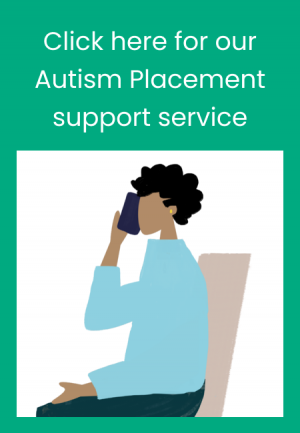
This article on how extracurricular activities can help autistic students to thrive is offered by Jackie Edwards.
Extracurricular activities can help autistic students to thrive, to pursue their interests and to develop their skills while having fun in school. Participating in after school activities also helps young people to develop their personality, and there is evidence that shows that it can also boost their grades. This is likely the reason why the average British child does three extracurricular activities per week, and these activities may include swimming lessons, ballet lessons, and sports training, among others. However, not all parents are keen to have their child participate in extracurriculars, especially if the child is on the spectrum.
Although some autistic students might have difficulty communicating with others during afterschool activities, allowing them to participate can be beneficial to them in so many ways. Moreover, extracurricular activities may even help them to thrive in the long run. Here’s what you need to know about extracurricular activities, and how they can help students with autism overcome the challenges that they encounter in school and beyond.
Extracurricular activities help to widen the social circle
Many autistic people can be described as introverts as they find ordinary social interactions to be very difficult. Although some may think of it as a weakness, being an introvert can be an advantage for students with this personality type as they’re able to focus more on their schoolwork, and they’re more likely to spend time thinking before making a major decision. However, too much alone time could lead to isolation and loneliness. In fact, a study has shown that neurodivergent people are four times more likely to feel lonely than neurotypical individuals, and 79% of autistic people report that they feel socially isolated.
Despite the belief that autistic students prefer to be alone, many people who are on the spectrum actually enjoy social interactions. Participating in an extracurricular activity is a good way to have regular human interactions as it allows autistic students to mingle with others who share their interests. This enables them to expand their social circle, which can lead to personal and academic growth.
Activities Boost Self-Confidence
Children and adults with autism might have difficulties with self-identity brought about by loneliness or rejection from their peers. This is one reason neurodivergent students could have low self-esteem, and lack of self-confidence can make them doubt their ability to succeed in school. Extracurricular activities allows a students to focus on their strengths and skills, and as they improve, this can increase self-esteem and promote positive behaviour in school and at home.
Some afterschool activities that promote self-confidence include theater or drama, sports, dance, and visual art. Other extracurricular activities that you can also consider for your child are hiking, cycling, rock climbing, track and field, and gymnastics. Not only can these help to boost self-esteem, but they can also be done alone or in a group, so your child can choose to do either depending on how they feel on a certain day.
Finding the Right Activity for Your Child
If you’re thinking about letting your child participate in extracurricular activities, you’re probably having a hard time choosing from a wide range of activities since you want them to succeed in whatever endeavour they decide to pursue. To simplify the process, observe your child and see what they’re interested in. For instance, if they’re interested in music, they may want to learn how to play a musical instrument, or perhaps they would be keen to participate in adaptive dance lessons. Art classes would be a good fit for creative types, while those who enjoy puzzles and brain games may want to join a chess club.
Extracurricular activities have a host of benefits that can help an autistic student to grow and thrive. Consider letting your child participate in an activity that they enjoy so they can make friends, have more self-confidence, and feel happier in school.
______________________________________________________
If you need help looking for services for an autistic person, we will do our best to help. Click below for the Autism Placement Support Service.



